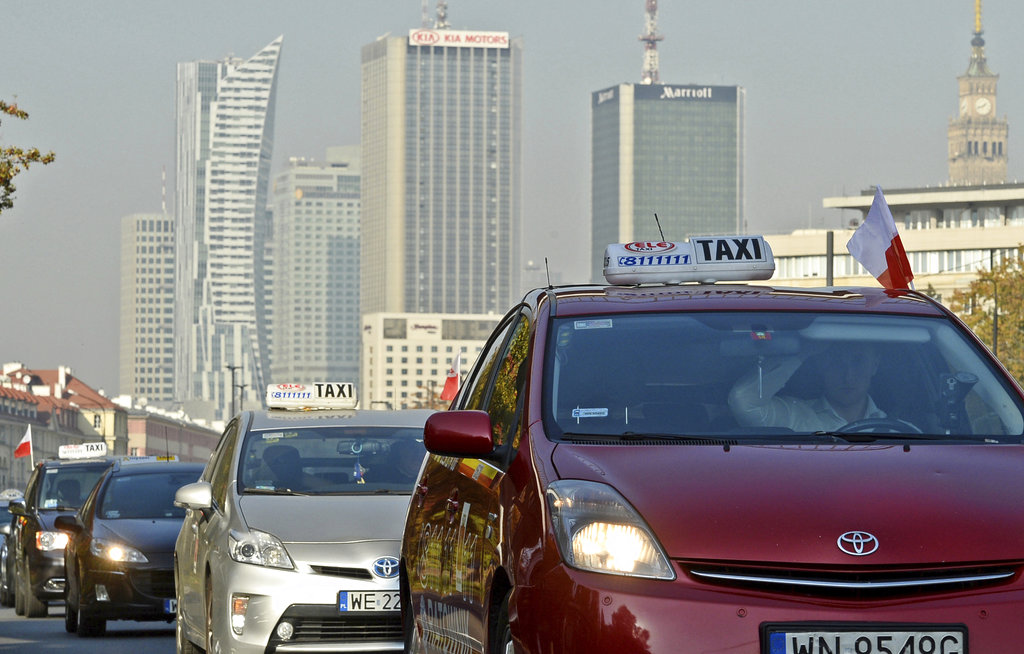Securing a taxi ride in Polish cities is becoming increasingly difficult as one-third of taxi drivers have exited the market, according to a report by Rzeczpospolita daily.
Over the past few years, traditional taxi services have steadily declined, but a recent law mandating that all drivers hold a Polish driver’s license has significantly accelerated this trend. The change has particularly impacted foreign drivers who have been key to the app-based ride-hailing sector.
The pandemic had already taken a heavy toll on traditional taxi operators, with many drivers leaving the profession in droves. Now, many foreign drivers who were powering companies like Uber, Bolt, and FreeNow are also abandoning the industry.
Experts warn that passengers will feel the impact starting in September when the typically slow summer season ends and demand for taxis picks up as people return to work. The situation is expected to worsen in October when university students return to campuses.
The strain on the market is evident: wait times for rides have already increased by as much as 60 percent, and fares have jumped by 20 percent, according to the report. Data from Dun & Bradstreet (DNB) shows that since the start of 2024, 2,455 mainly one-person taxi businesses have suspended operations and nearly 600 others have shut down entirely.
DNB expert Tomasz Starzyk noted that between June and mid-August alone, over 200 taxis were deregistered, signaling a looming supply crisis. “More than 3,000 taxi firms, mostly small businesses, are facing significant challenges this year,” Starzyk said.
He added that the figures likely underestimate the true extent of the problem, as many app-based drivers work under different contract arrangements rather than running their own businesses. Industry estimates suggest that the new legal requirement has effectively eliminated 30 percent of drivers from the market.
“When the law requiring Polish licenses was introduced in June, the market feared the consequences,” noted Łukasz Witkowski, co-founder of Natviol, a payment app for drivers and couriers. “Now those fears are becoming reality, with significant issues in taxi availability,” he added.






